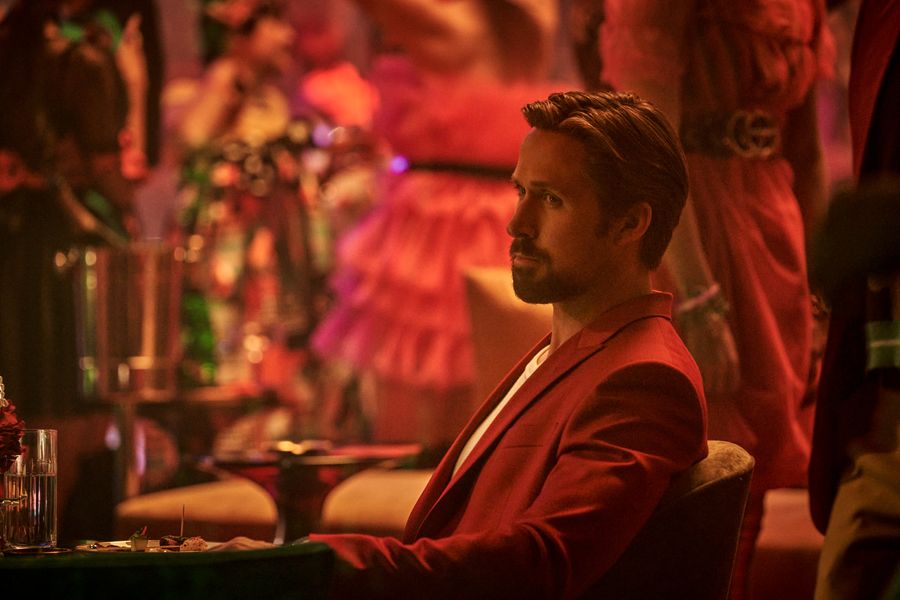If you love an action film with a good soundtrack, you’re in luck: the much anticipated Netflix Originals action blockbuster, The Gray Man, is currently available to stream. Since it arrived on the service, countless viewers have picked up on a euphoric 1970s anthem that crops up numerous times throughout the film. If you’re hoping to find out a bit more about Mark Lindsey’s ‘Silver Bird’, look no further – we’ve got you covered.
If there’s one way to make an action film even more marketable, it’s to give it a retro ’70s soundtrack. These days, everyone’s at it. Since Guardians Of The Galaxy director James Gunn decided to replace a traditional orchestral soundtrack with a mix-tape made up of ’70s pop and rock songs, it’s become commonplace for directors to soundtrack their films with golden-oldies. Both Quentin Tarantino and Paul Thomas Anderson – both of whom are veterans in the art of the vintage soundtrack – included songs by Mark Lindsey, who had hits with tracks such as ‘Arizona’, ‘Good Thing’, ‘Hungry’, and ‘Silver Bird’, in their latest films. More recently, ‘Silver Bird’ was featured in the Netflix Originals action film The Gray Man, starring Ryan Gosling.
‘Silver Bird’ shows up several times during scenes shared by Six and Claire It’s never made entirely clear why the song is so important, but it clearly binds them together in some unspoken way. Given that the track’s anthemic chorus was used in an advert for Yamaha Motorcycles in the ’70s, it could be that it’s simply been lodged in their heads since childhood. ‘Silver Bird’ is nothing if not memorable, after all.
Released in 1970, the track tells of a man bidding farewell to the girl of his dreams, who, it turns out, has dreams of her own. “Get aboard the silver bird, departing gate 19,” Lindsey sings in the opening verse. “Satisfy your Walter Mitty mind, tryin’ out a dream/ Your sign is Capricorn and every corner of your mind/ Says you’ll remain my friend, my friend until your mine.” The importance the speaker places on individual freedom locates this track firmly in the hippie philosophy of the late ’60s and 70s.
Silver Bird’ is interesting in that the singer addresses the plane carrying his lover away. He asks the Silver Bird jet to carry the girl safely to wherever it is she wants to go, hoping – perhaps even knowing – that she will return to him one day: “When you come home my crazy heart will greet those silver wings,” Mark sings in the second verse. “Your pet dog will remember you, and I’ll carry your things / We’ll catch a runnin’ make-up, and you will look just fine / And you’ll remain my friend, my friend until you’re mine.”
‘Silver Bird’ is an incredibly healthy expression of affection, somewhat surprising considering the reputation of most ’70s rockers. The singer recognises that his lover is an adult and should be allowed to make her own decisions. He makes no attempt to admonish her, blame her, or convince her to ditch her dreams. Rather, he gives her the freedom she needs to grow as a person. “Lone rangers and strangers will knock at her door,” he concludes. “But I know my babys’ no baby no more/ Silver bird, fly my lady away. / Pretty bird, today is the day.”
